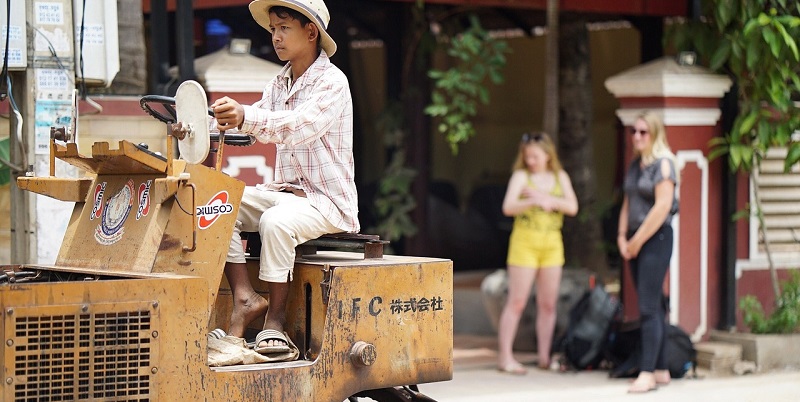Child labor violations have been on the rise, highlighting the pressing need for increased awareness of child labor laws. It is crucial to protect the educational opportunities of youth and prevent their employment in jobs that can be detrimental to their health and safety.
Child labor laws in Iowa, South Dakota, and Minnesota
Iowa recently joined South Dakota and Minnesota in not requiring child labor permits. However, specific codes in each state outline the requirements for child labor. In Iowa, these requirements can be found in Chapter 92 of the Iowa Code, while South Dakota has Chapter 60-12 of the South Dakota Code, and Minnesota has Chapter 181A of the Minnesota Code.
Priority of Rules for Young Workers
When federal and state standards differ, it is important to follow the rules that provide the most protection for young workers. This ensures that their well-being and rights are upheld, safeguarding them from exploitation.
Exceptions to age and hour requirements
While there are age and hour requirements outlined in various labor laws, there are several exceptions to consider. Work-based learning and apprenticeship programs often have unique circumstances that permit minors to engage in certain work activities. Additionally, exceptions can be granted for employment in agricultural jobs, as these industries often have specific labor needs and regulations.
Complexity and constant changes in labor laws
It is important to recognize that labor laws are complex and ever-changing. Staying updated with these laws is essential for employers and employees alike. Failure to comply with new regulations can lead to severe penalties and legal consequences. Keeping abreast of labor laws ensures that youths are not improperly employed and that employers are not unknowingly in violation of the law.
Seeking guidance and support from experienced attorneys
Given the intricacies of labor and employment laws, it is advisable to seek guidance and support. Woods Fuller, a firm specializing in labor and employment law, has a team of experienced attorneys who can provide the knowledge and assistance required. They can answer questions, offer legal advice, and help businesses navigate the complexities of labor laws, ensuring compliance and protecting the rights and well-being of workers.
Employer Protection Measures
To protect themselves, employers can require age and employment certificates to verify that a minor meets the minimum age required for a particular job. These certificates serve as evidence of compliance, providing assurance to both employers and authorities that the minor is legally eligible for the position.
Child labour violations are a growing concern, and it is imperative to prioritize the safety and well-being of young workers. By understanding and adhering to labour laws, we can better protect youth from harmful employment practices. Staying informed about changing regulations and seeking guidance from experienced attorneys like those at Woods Fuller ensures that employers fulfil their legal obligations and contribute to a safe and fair work environment for young workers. Together, we can create a future where every child has the opportunity to succeed without sacrificing their education or well-being.

